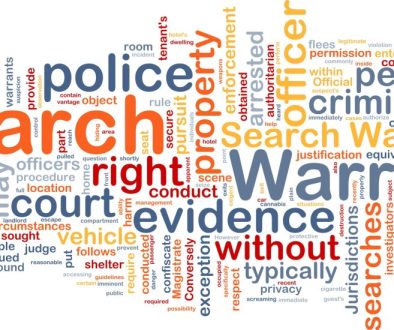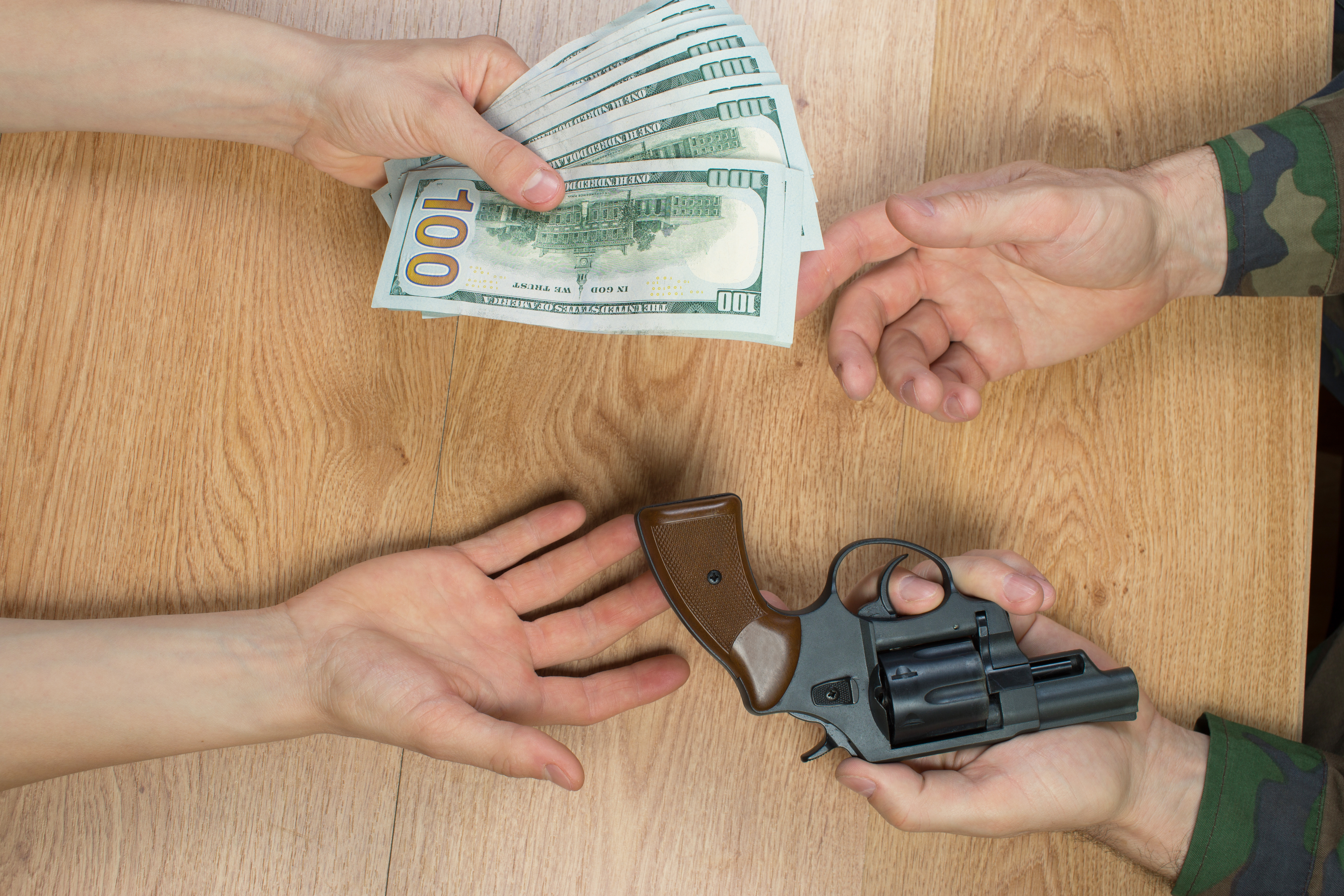Who is a “prohibited person” under Section 6105 under Pennsylvania’s gun law?
Our Pennsylvania criminal defense law firm which also practices in New Jersey, defends many accused individuals with previous criminal records, which make them ineligible to possess or carry a firearm in Pennsylvania and New Jersey. In the Commonwealth of Pennsylvania a person does not need a license to possess a firearm in their home or place of business. This is different from New Jersey, which requires an individual to first obtain a New Jersey firearms purchase card (Read my article on it).
Crimes Under Title 18 Section 6105
Pennsylvania, similar to New Jersey, doesn’t permit an individual to carry or possess a firearm (even in their home or place of business) if they have been convicted of certain enumerated felony offenses or a felony under the Controlled Substance, Drug, Device, and Cosmetic Act (aka illegal drug and narcotic crimes.)
This Act is the Pennsylvania statute which governs all offenses related to the illegal possession or possession with the intent to deliver controlled substances (PWID). It is also important to understand that a person is still considered a “prohibited individual” if he or she has been convicted of any similar type drug or illegal narcotic offenses in any other state, like New Jersey or an equivalent federal statute. A person who illegally possesses or carries a firearm as a prohibited person commits a felony in Pennsylvania. These “enumerated” offenses or crimes include the following:
- Title 18 § 2702 —Aggravated Assault
- Title 18 § 2709.1—Stalking
- Title 18 § 3125 —Aggravated Indecent Assault
- Title 18 § 3502 —Burglary
- Title 18 § 3503 —Criminal Trespass (if graded as a felony of the 2nd degree or higher)
- Title 18 § 3701 —Robbery
- Title 18 § 4952 —Witness Intimidation
- Title 18 § 908 —Prohibited Weapons
- Title 18 § 911 —Corrupt Organizations
- Title 18 § 2503 —Voluntary Manslaughter
- Title 18 § 2504 —Involuntary Manslaughter (if the offense is based on reckless use of a firearm)
Please understand that this isn’t an exhaustive list and Section 6105 details all of the enumerated violent offenses.
Section 6105 vs. 6106 (VUFA)
Please keep in mind that if a person is charged under Section 6105 the prosecution does not need to establish, beyond a reasonable doubt, anything other than actual or constructive possession. This is different than Section 6106 (illegal possession without a permit), which requires the Commonwealth to establish not only possession, but also, that a person was not in possession of a valid license to carry from Pennsylvania or a state which enjoys reciprocity with Pennsylvania. The Commonwealth, unlike New Jersey, New York, and Delaware, is a “shall issue” state, whereas, those other jurisdictions’ are “may issue” states. This means that it is much more difficult to obtain a firearm in a state like New Jersey, as opposed to Pennsylvania, because “may issue” really means that while the jurisdiction can issue a license to carry, that process is extremely difficult and almost impossible!
6105 Is Not Always a Felony Offense
Section 6105 isn’t always a felony offense in Pennsylvania. There are situations where a person isn’t permitted to carry or possess a firearm in the Commonwealth because of an active Protection from Abuse order (PFA) under Title 23 Pa.S. § 6108. This section requires an individual to relinquish firearms, weapons, or other ammunition during the time a PFA is in effect. In addition to this crime, it is also a crime for a person to accept a gun or firearm from an individual who is the subject of a PFA. If you are subject to a PFA, you must either surrender your gun or firearm to the sheriff in accordance with Title 23 § 6108 (a)(7)(i)(B) or sell or transfer that firearm to a third party under Section 6108.
For more information on the illegal possession of guns and firearms in Pennsylvania, I encourage you to read my book, What Everyone Should Know About Drugs, Guns, and Defense Attorney’s in Pennsylvania.



